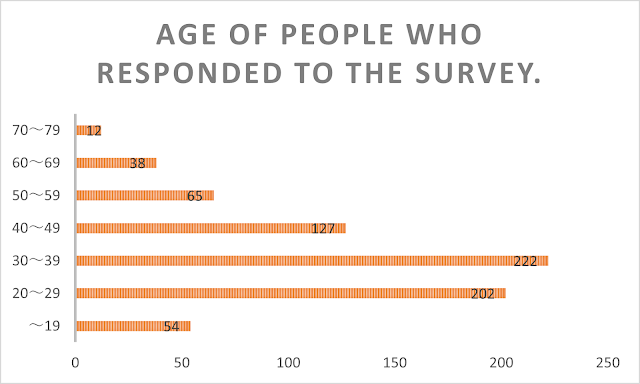What Questions We Answered in Our Blog (Galina)
At the end of our blog I would like to clear what questions we answered, if you want to know the detailed answer to each question, please tap the link on this page. This post will be a short cut for you. Published by Galina ____________________________________ Questions made by Galina. 1. How many people complain about the noise their children make? → https://childrennoiseissueggrh.blogspot.com/2023/07/q-how-many-people-complain-about-noise.html 2. Why do Japanese tend to be sensitive to noise from children? → https://childrennoiseissueggrh.blogspot.com/2023/07/qwhy-do-japanese-people-tend-to-be.html 3. What is the government's view of the noise made by children? → https://childrennoiseissueggrh.blogspot.com/2023/07/q-what-are-governmental-responses-to.html 4. What kind of thoughts do people have about children's voices being considered noise? → https://childrennoiseissueggrh.blogspot.com/2023/07/qwhat-kind-of-thoughts-do-general.html 5. What kind of thoughts do people in...

